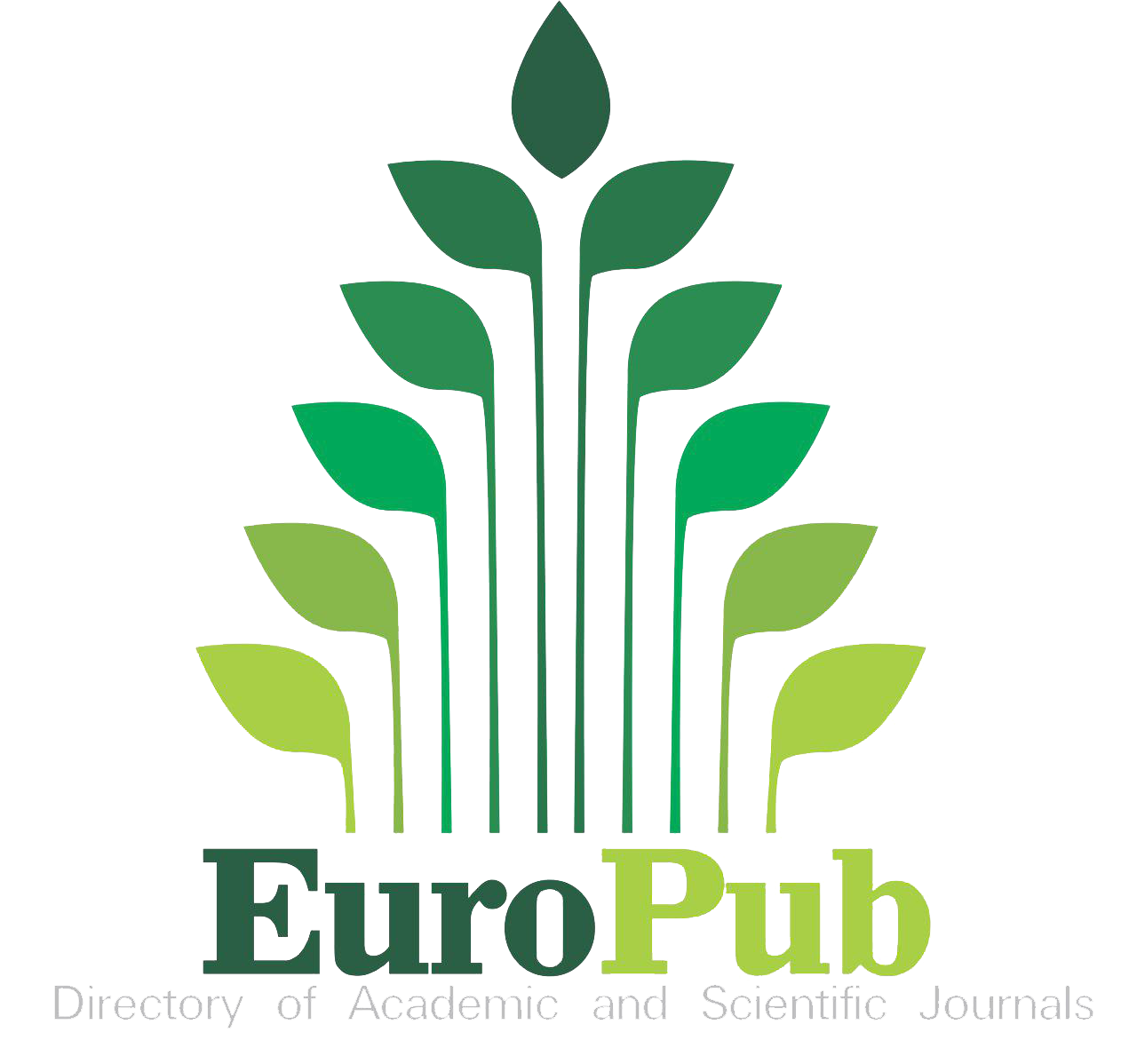INVESTIGATING THE OBESITY EFFECT OF CHITOSAN-COATED ELLETTARIA CARDAMOMUM OIL NANOEMULSION THROUGH FTO AND LEPTIN GENE EXPRESSION IN AN ANIMAL MODEL
DOI:
https://doi.org/10.69557/ujrra.v4i1.149Abstract
Obesity is a serious concern for people's public health as it is a factor involved in causing various diseases. Using herbal compounds has emerged as a promising potential to fight obesity and its associated diseases. Their nano-formulation can be an effective solution due to some limitations of their clinical application. Thus, the present study investigated the biological effects of chitosan-coated Ellettaria cardamomum nanoemulsions on obesity. In this study, the above nanoemulsions were synthesized using the ultrasonic method and the minimum amount of surfactant (Tween 80), cosurfactant (ethylene glycol), and chitosan. DLS, TEM, and Real-Time PCR techniques were used to characterize the synthesized nanoemulsions and evaluate their biological effects. The results indicated that the synthesized nanoemulsions had a diameter of 178.92 nm, a dispersion index 0.18, and a zeta potential of 25.50 mV. Thus, they have a homogeneous dispersion in addition to the appropriate size. The results of the evaluation of FTO gene expression also revealed that the level of FTO gene expression decreased significantly in the groups receiving nanoemulsion, compared to the negative control group (P≤0.05). Additionally, comparing the mean weights of the samples in the treated groups with the control groups in the fourth and fifth weeks of treatment revealed that the weight of the experimental groups decreased significantly compared to the control groups (P≤0.05). Therefore, chitosan-coated Ellettaria cardamomum nanoemulsions can inhibit obesity by reducing FTO gene expression. However, more studies are needed to further evaluate and investigate the potential of their clinical use.
Downloads
Published
How to Cite
Issue
Section
License

This work is licensed under a Creative Commons Attribution 4.0 International License.
This is an Open Access article distributed under the terms of the Attribution 4.0 International License [CC BY 4.0], which allows reusers to distribute, remix, adapt, and build upon the material in any medium or format, so long as attribution is given to the creator.




